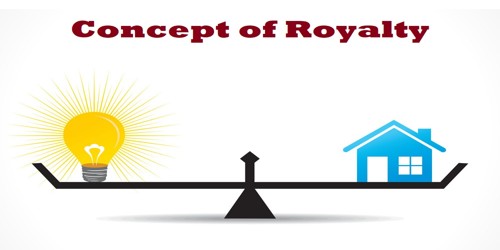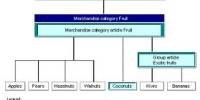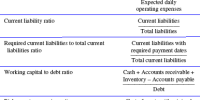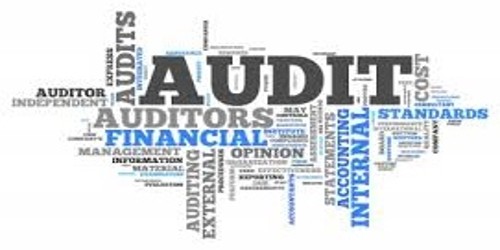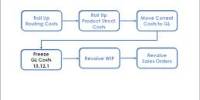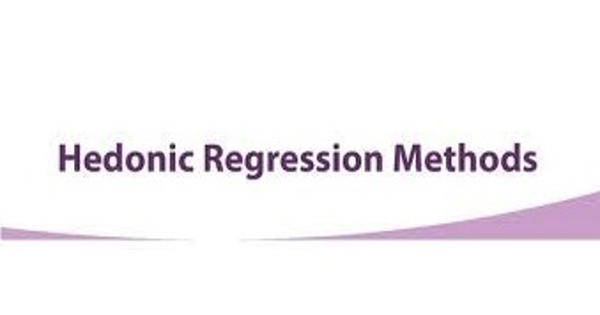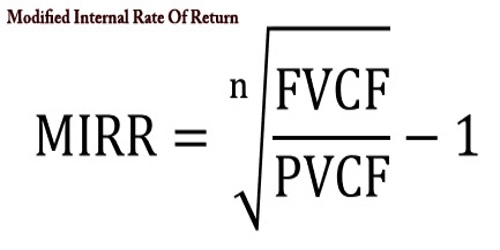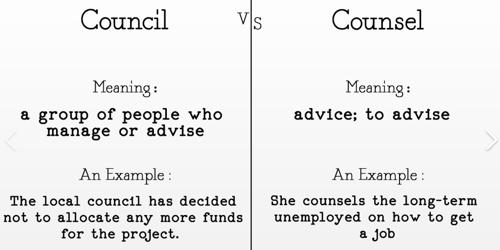Concept of Royalty
The term royalty is concerned with the assets of tangible or intangible in nature. It means a payment to the holder of a patent or copyright or resource for the right to use their property. The assets like land, building, mines, copyright, patent, trademark, etc. are attracted to royalty. Royalty is a periodical payment to be paid by the user of the assets of the above nature. Royalties usually deal with payments for the right to use intellectual property, like copyrights, patents, and trademarks. It is a sum payable for enjoying the benefits of certain rights vested with the other person. The person who makes payment and uses the assets is known as ‘Lessee’. And the person who surrenders the right and receives the royalty is known as ‘Lessor’. It is defined as a person or a group of people related to a monarch, or a share of the proceeds paid to the owner for use of their work or their ownership rights.
For example- In music, royalties are paid to owners of copyrighted music, for its use. These are called performance royalties. The ‘Lessor’ is the owner of assets. Author of a book, holder of the patent, landlord of mine, etc. are the examples of Lessor. The lessee acquires the right to use the lessor’s property. For it, the lessee pays a certain amount to the lessor, which is termed as royalty. Publisher, patent user, trademark user, license, etc are examples of the lessee.
Royalty payable is an ordinary business expenditure for the lessee and royalty receivable is an income for the lessor. Payments made to someone whose invention, idea, or property is used by a commercial company can be referred to as royalties. It can be paid either on the basis of the unit sold or on the basis of output. If it is paid on the basis of the unit sold, it is transferred to profit and loss account. Royalties paid on the basis of the output is transferred to the production account.
A royalty is generally, paid to the owner of the right under the following cases:
- When the government or local authority allows some person to collect forest products like honey, herbs, clay, etc. from the forest, the government or local authority is the owner or lessor and the person who collects is the lessee.
- When the owner of mines like coal, copper, stone allows other parties to extract materials from the land.
- When the right of owner like copyright, patent right, trademark, an exclusive right of design licenses to some other party.
Information Source:
